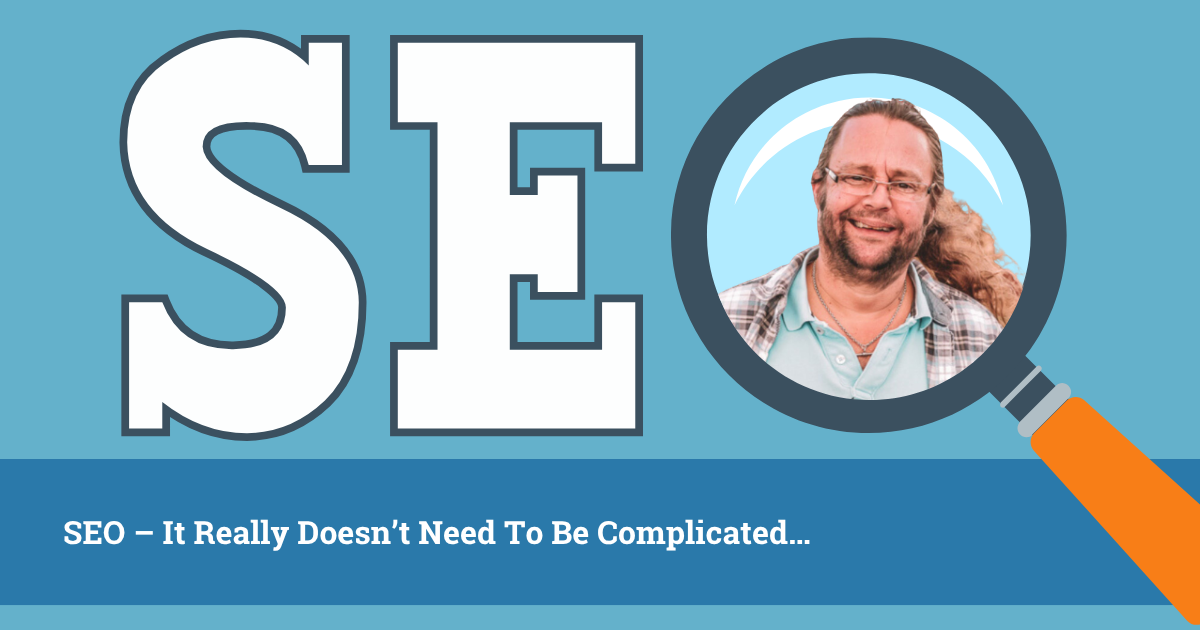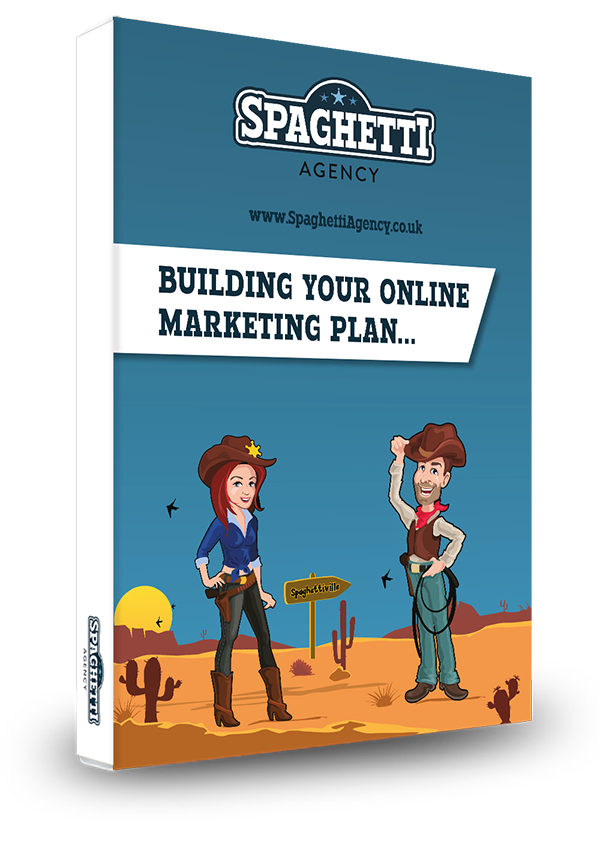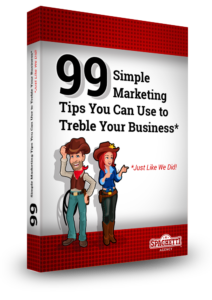Friday Digital Roundup
The Friday Digital Roundup is a witty take on the weird world of the internet. With fun stories from around the globe, it’s the only email newsletter you’ll actually read and enjoy!
We do love writing it, but clearly not as much as people like receiving it - just look at the response we got when a technical hitch meant it wasn’t sent out on time!
@Spaghetti_Jo
Coffee and the FDR is how I start my Friday.
Do not engage until I have devoured both
When it comes to the end of the week, there is no better way to start a Friday than with a run around the internet with Todd and Jo in the FDR. Just don't let them know I do it from the loo!
@Spaghetti_Jo
My inbox is full of rubbish newsletters that Im constantly deleting😬 My VIP inbox is for 1 thing only- THE DIGITAL ROUNDUP🤠I dont read a Newspaper or the news online, I just wait for Fridays, when this lands in my inbox- then I know ‘The weekend has landed’🤗
Get the Friday Digital Roundup and see what everyone’s talking about.
We may look like cowboys, but we’ll never abuse your data! Find out what we’ll do with it here, partner.
Spaghetti Blog
SEO – it really doesn’t need to be complicated…
SEO doesn’t have to be a total headache
Search Engine Optimisation sounds complicated. Like something you need a degree and a whiteboard for.
But here’s the thing – SEO is just making sure search engines get your content and show it to the right people. That’s it.
Yes, there are loads of tools, constant updates, and enough buzzwords to make your eyes bleed. But you don’t need to know it all to get started. You just need to get the basics right.
✅ Find out what your audience is actually searching for
✅ Make sure your website explains things clearly
✅ Get some solid links pointing to your stuff
That’s the SEO starter pack. You don’t need to climb Everest – just take the first few steps and do them properly.
We’re breaking it all down in plain English. No fluff. No faff. Just stuff that works.
Let’s go. 👇
 SEO – it really doesn’t need to be complicated…
SEO – it really doesn’t need to be complicated…
Keyword Research: How people search and what for?
Keyword research is just figuring out what your audience types into Google when they’re looking for something. That’s it. No mystery. No magic. Just understanding how people search.
Why it matters
You can write the best blog in the world, but if no one’s searching for the thing you wrote about, no one’s going to see it. And if no one sees it, what’s the point?
Don’t over-complicate it
You don’t need ten tabs open or a subscription to some confusing SEO tool. Start here:
- Google Autocomplete: Type your topic and see what comes up
- Related Searches: Scroll to the bottom of the search results page
- Free Tools: Ubersuggest, Answer the Public, and plenty more
Start with phrases that aren’t ridiculously competitive. “Fitness”? Too broad. “15-minute home workouts for beginners”? Much better.
Think About Intent
Why are they searching? Are they buying, learning, comparing? Match your content to that goal.
If someone searches “best laptops under £500,” they want a list and a recommendation. Not a tech lesson. Give them what they’re actually after.
On-Page SEO: Optimising the content you control
On-page SEO is all the stuff you can tweak and improve on your own website to help it show up in search. The best bit? You’re in charge of it.
Start with the basics
Got your keywords? Good. Now use them properly. Here’s where to put them:
- Title Tag: This is the clickable link people see in search results. Include your keyword and keep it under 60 characters.
- Meta Description: A quick summary that shows under your title. It won’t help you rank but it can get more people to click.
- Headings: Structure your content with proper H1s, H2s, and so on. Get your keyword into at least one subheading.
- URL: Keep it short and clear. Example: yoursite.com/15-minute-home-workouts
- Body Content: Drop your keyword in the first 100 words and sprinkle it naturally throughout.
Is it readable?
If your content’s a wall of text, no one’s reading it. Use short paragraphs, bullet points, and images. Make it easy to scan and digest.
Mobile-first?
Most people are on their phones. If your site looks rubbish on mobile, it’s hurting your rankings. Use a responsive design that works on any screen size.
Page load speed
If your site’s slow, people bounce. And Google notices. Use Google PageSpeed Insights to test it and follow the suggestions. If you’ve got a developer, tell them this matters.
Link Building: Getting ‘votes of confidence’ through backlinks
Link building means getting other websites to link to yours. These backlinks are like little nods of approval from the internet.
The more high-quality links you get, the more trustworthy your site looks to Google.
Why it works
Backlinks are one of the biggest signals Google uses to rank content. If a solid, reputable site links to you, it’s like they’re telling Google, “This content’s worth showing.”
Start with low-hanging fruit
You don’t need hundreds of backlinks. That’s where most people get stuck. Start small and smart:
- Ask for links: Mention someone in your blog or post? Tell them. They might share it or link back.
- Guest posting: Write for someone else’s site in your space. Drop in a link to your own stuff.
- Business directories: Add your site to places like Yelp, Google Business Profile, and local directories. These are called citations and they’re gold for Local SEO.
Create link-worthy content
Want more backlinks? Make stuff worth linking to.
If your content is helpful, original, or genuinely interesting, people will naturally want to share it. That’s how you earn links without begging for them.
Here’s what actually works:
- How-to guides: Proper step-by-step guides that solve real problems get bookmarked, shared, and linked.
- Industry stats or original research: Got data? Use it. Everyone loves citing fresh stats. If you’ve got numbers that others don’t, you become the source.
- Infographics: Visual content is easier to understand and share. A well-designed infographic can pick up links across blogs, social media, and even news sites.
- Case studies: Real results, real value. If you show how you got from A to B, people will use your case study to prove a point or inspire their audience.
The aim is to be useful. Be the page people send their clients to. Be the example that gets referenced in other blogs.
You can’t build links without building something worth linking to.
Final thoughts: keep it simple, stay consistent
SEO isn’t some secret code or tech wizardry. It’s just about helping people find what they’re already looking for, and making sure it’s you they find.
Start by knowing what your audience is searching for.
Create content that actually helps.
Build connections that bring in real, quality links.
You don’t need to chase every shiny new SEO hack. Honestly, most of them are rubbish.
Just nail the basics and keep at it:
- Know your keywords
- Optimise your pages
- Earn links from trusted sources
That alone will get you ahead of most.
But if you’re ready to go further – we’re talking technical SEO audits, in-depth keyword mapping, structured data, content clusters, backlink strategy, CRO, and all the stuff that makes your head spin – we’ve got you.
We do this day in, day out, for businesses that want to rank properly and grow with confidence.
So whether you’re DIY-ing it and need a bit of direction, or you’re ready to hand it over to people who know their SERPs from their slugs – Spaghetti’s here.
Let’s get your site found for the right reasons, by the right people.
📞 Ready? Book a call. Let’s make SEO simple and effective for you.
Tags associated with this article
Post a comment
We'd love to know what you think - please leave a comment!






0 comments on this article